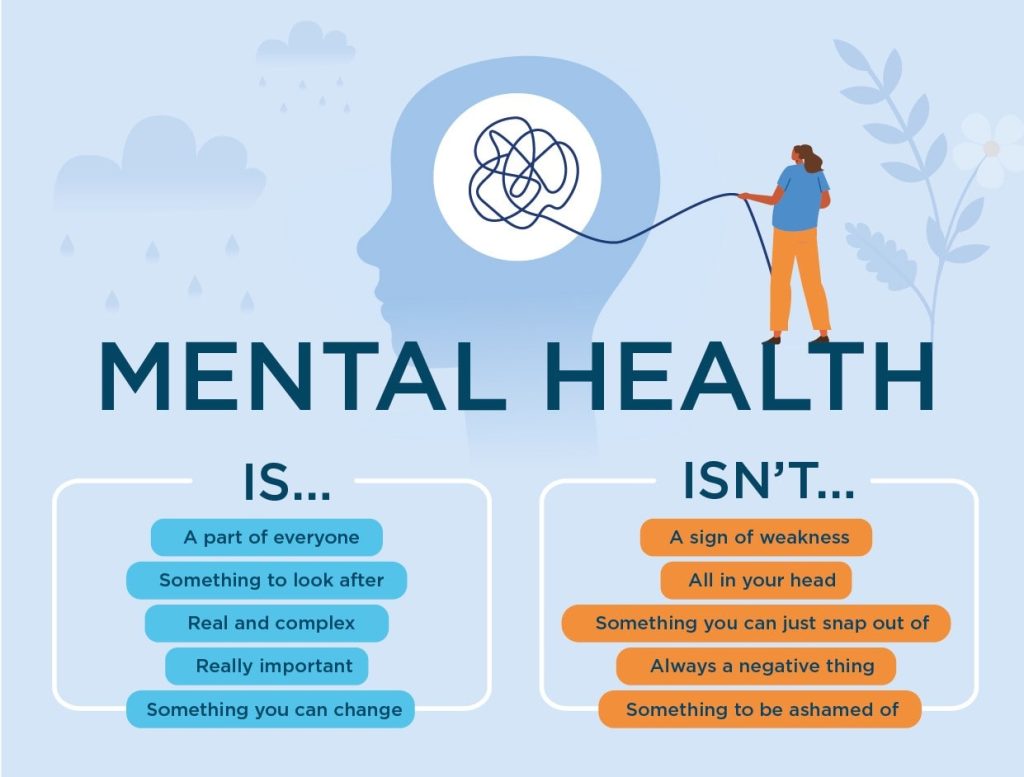Proactive steps to improve teens’ mental health and self-confidence are crucial in today’s world, where adolescents face numerous challenges that can impact their well-being. As they navigate the pressures of school, relationships, and social media, it is vital to foster positive mental health practices and cultivate self-assurance early on. A variety of approaches can support teens in developing resilience, emotional stability, and a strong sense of self-worth. One of the most important aspects of improving mental health in teens is encouraging open communication. Many adolescents may feel overwhelmed or isolated by their thoughts and emotions, but providing them with a safe space to express themselves can help them process these feelings. Whether through conversations with parents, friends, or therapists, talking about their emotions and challenges can prevent feelings of loneliness and isolation. Active listening, without judgment, allows teens to feel heard and supported, which is essential for mental health. Regular exercise is proven to reduce stress, improve mood, and increase energy levels.

Physical activity releases endorphins, the body’s natural mood boosters, which can alleviate symptoms of depression and anxiety. Encouraging teens to find activities they enjoy, whether it is playing a sport, dancing, or simply walking outdoors, not only helps to improve their physical health but also enhances their self-esteem. A physically active teen is more likely to feel good about themselves and their body, boosting their overall self-confidence. Another proactive step is teaching teens about the importance of healthy sleep patterns. Adolescents often struggle with getting adequate rest, especially with the added pressure of academic responsibilities and social lives. Sleep deprivation can negatively affect their mood, ability to concentrate, and emotional regulation. Establishing healthy sleep routines, such as avoiding excessive screen time before bed and creating a calm nighttime environment, can help teens get the rest they need to function optimally. When well-rested, teens are better equipped to handle stress and face daily challenges with a positive mindset. Physical well-being also plays a significant role in mental health.
Building self-confidence also requires the development of a positive self-image. This can be achieved by encouraging teens to focus on their strengths and talents rather than comparing themselves to others. In a world dominated by social media, it is easy for adolescents to feel inadequate when they constantly measure themselves against curated versions of others’ lives. Helping teens to develop a mindset of self-acceptance and gratitude can significantly boost their sense of self-worth. Teaching them to set realistic goals and celebrate small achievements, rather than fixating on perceived failures, fosters a growth mindset that enhances their confidence. Social support plays a key role in boosting Arizona teen mental health treatment. Encouraging positive friendships and ensuring that they have a network of people they trust can provide a sense of belonging and emotional stability. Teenagers often face peer pressure and bullying, which can undermine their self-esteem. By guiding them to build healthy, supportive relationships, they are better equipped to handle challenges in social settings and develop a more positive outlook on life.
